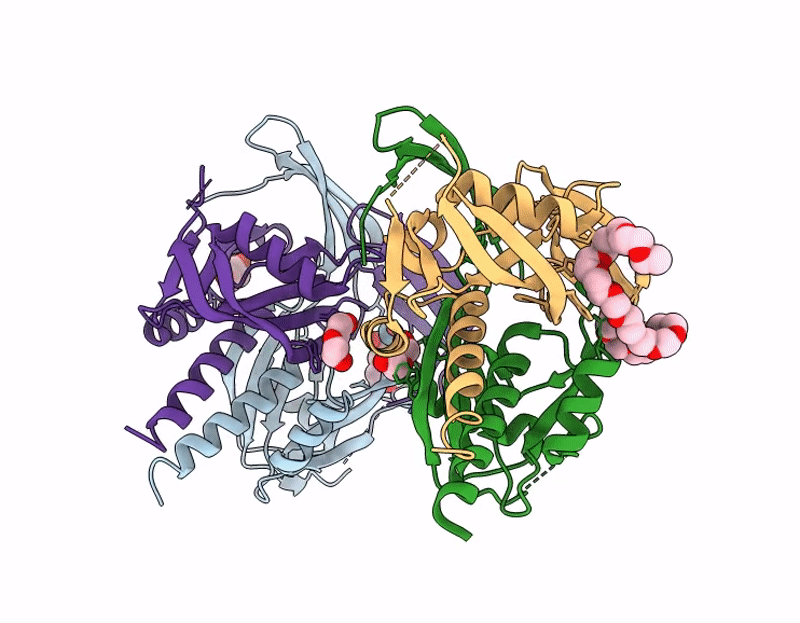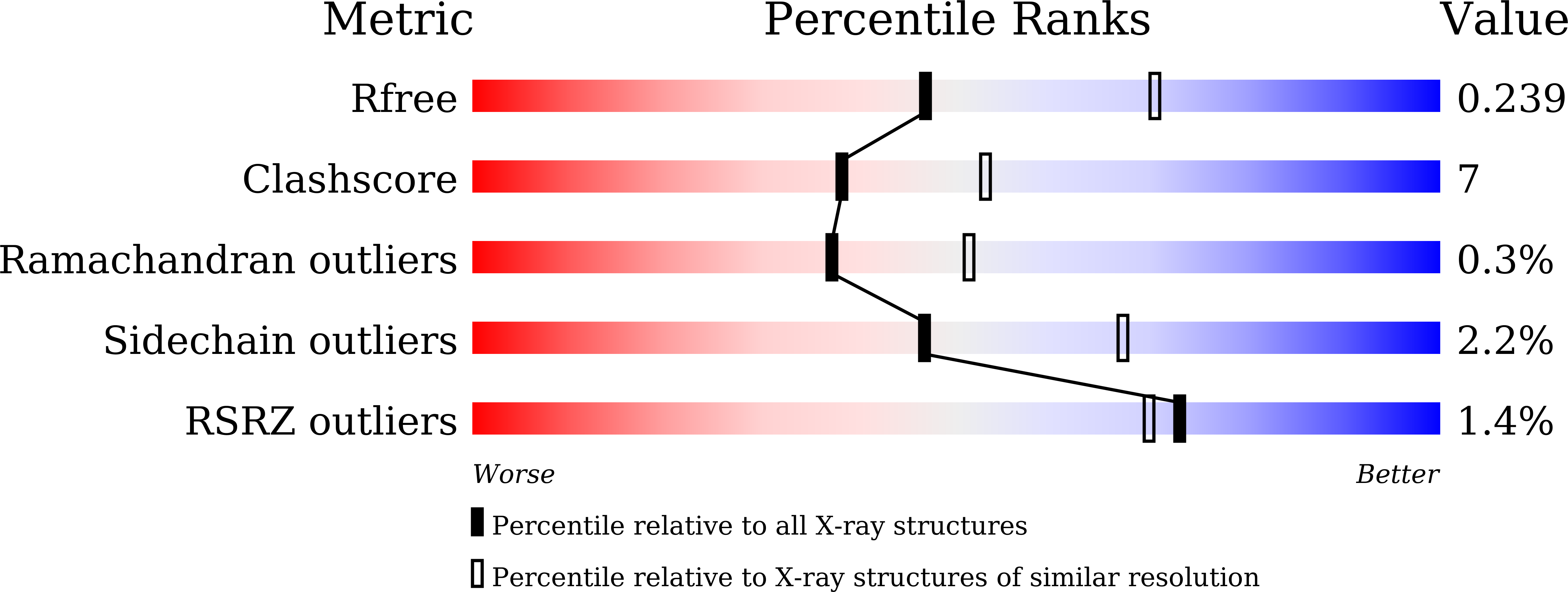
Deposition Date
2024-08-25
Release Date
2025-09-03
Last Version Date
2025-11-12
Entry Detail
PDB ID:
9JAX
Keywords:
Title:
Crystal structure of NUDIX hydrolase from Bacillus methanolicus
Biological Source:
Source Organism(s):
Bacillus methanolicus (Taxon ID: 1471)
Expression System(s):
Method Details:
Experimental Method:
Resolution:
2.40 Å
R-Value Free:
0.23
R-Value Work:
0.18
R-Value Observed:
0.18
Space Group:
P 1 21 1


